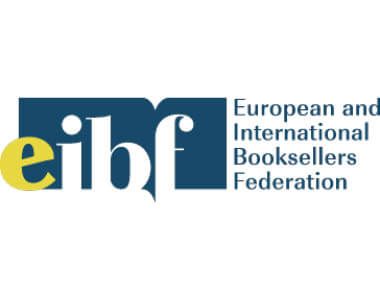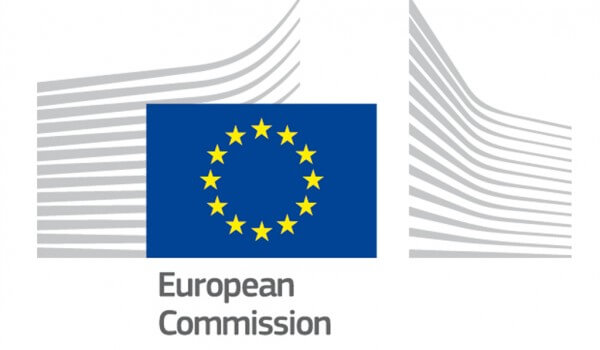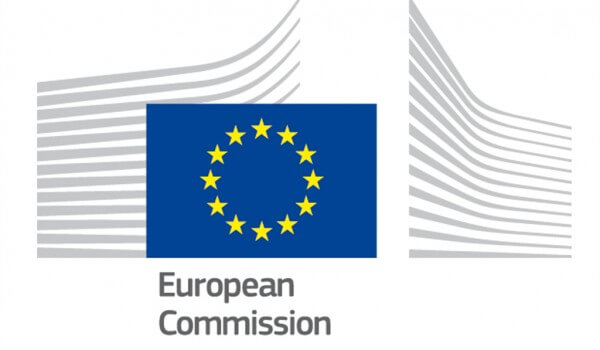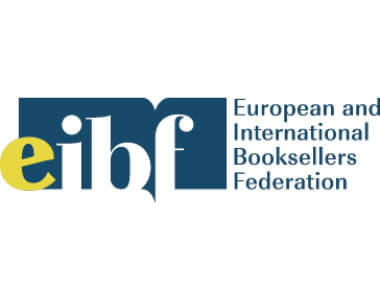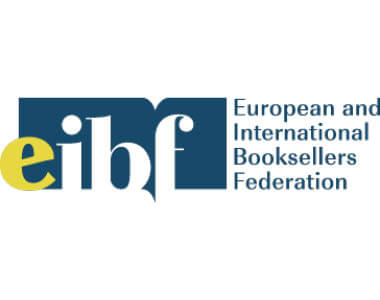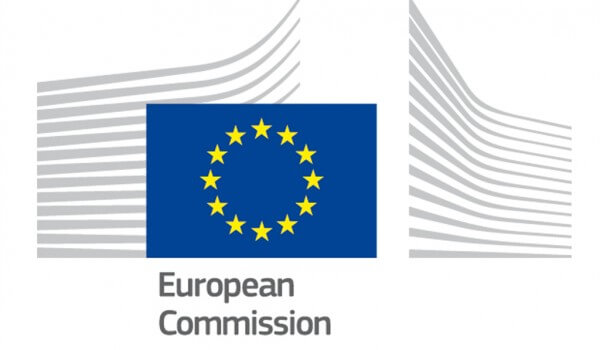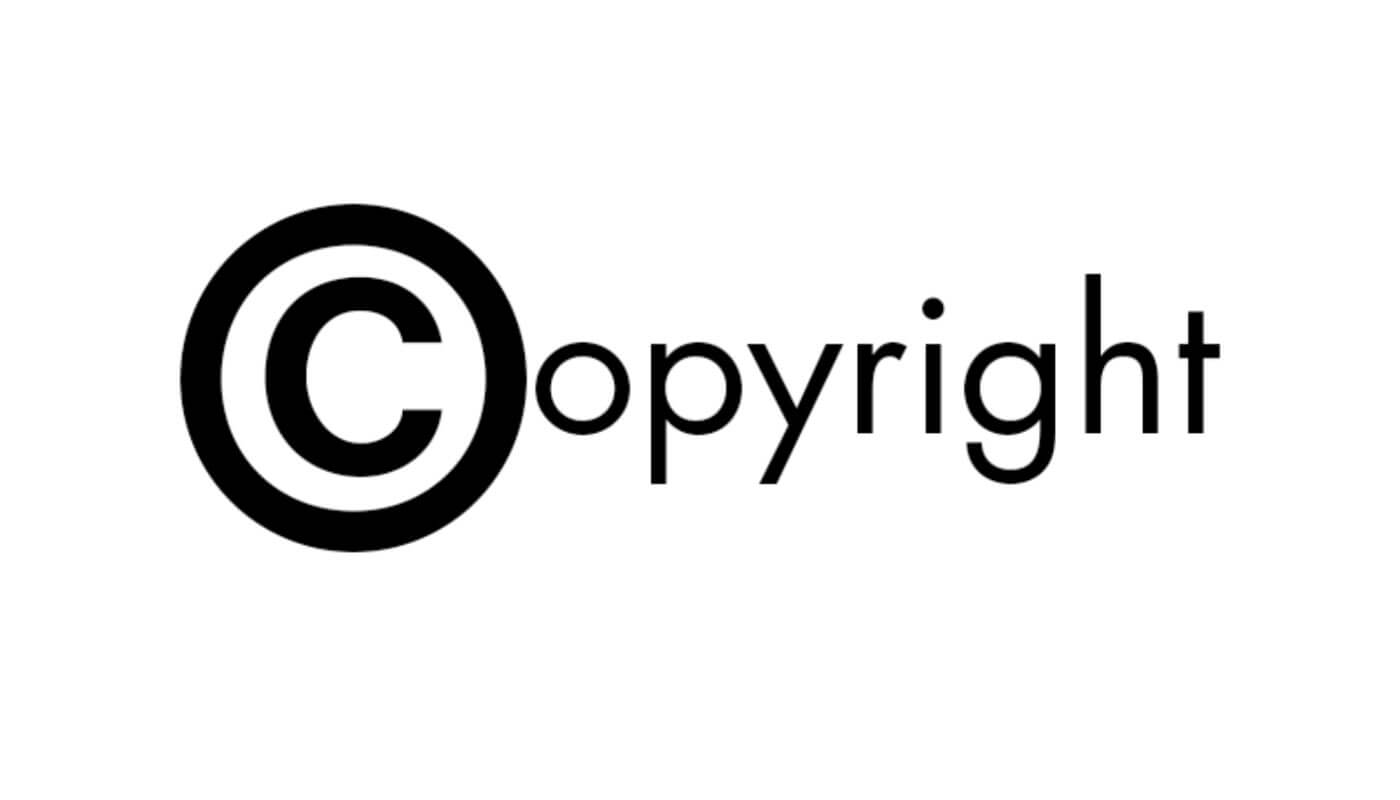Licences for Europe- Stakeholders Dialogue, Final Plenary Session
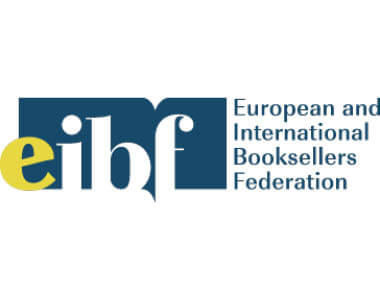
Joint Statement by the European Booksellers Federation, the European Publishers Council, the European Writers Council, the Federation of European Publishers & the International Association of Scientific, Technical & Medical Publishers
Working Group 1 (cross-border and interoperability), Print Subgroup
Book sector’s roadmap to enhance cross border access, interoperability and, discoverability of ebooks
in the Single Market
Representatives of the book sector, comprising authors, publishers and booksellers participating in WG1 of Licences for Europe (hereafter the “book sector”), endorse the principle that European consumers should have the ability to acquire e-books across territorial borders, platforms and devices, in a way that ensures protection of intellectual property rights at all times.
Authors, publishers and booksellers are committed to promoting cross-border availability of e-books to the benefit of European consumers. In many cases, and depending on contractual and market parameters, digital versions of books (or e-books) are already commercially available across borders through different types of booksellers.
In the framework of the switch to the collection of VAT in the country of consumption of electronic services (including e-books) on 1st January 2015, the trade will be working at how stakeholders could increase the number of books commercially available to citizens all over Europe.
Interoperability
It is in the mutual interests of the book sector and readers to be able to offer the best reading experience in the digital world as much as in the physical one, in all linguistic markets in the EU. One way to achieve this is through full interoperability within the e-book market.
In order for consumers to be able to access their e-books through the plurality of devices currently available, the interoperability of file formats should be given the highest priority, prior to any further development. However, it is not sufficient in itself: the ecosystems in which e-books are acquired and accessed (including devices, reading software, online purchase platforms, digital rights management) must be interoperable as well.
This is why the book sector supports initiatives such as the development of ePub, an open standard format for e-books with a wide range of interoperability and accessibility features, and also looks favourably
at wider projects aimed at opening up the market through interoperable standards and creating a level playing field for all..
The general use of interoperable formats would not in itself lead to full interoperability of e-book for customers, because of the extra fences to ecosystems that proprietary DRM measures introduce. The book sector is therefore keen to keep working at broader balanced solutions in order to meet the challenge of protecting intellectual property while increasingly tending towards the general availability of customer-friendly solutions and generalised alternative solutions to closed eco-systems.
The representatives of the book value chain would also like to recall that the European Commission, with a view to creating a single market for content in the framework of the Digital Agenda for Europe, has vowed
to change a situation in which “often consumers cannot transfer digital content (e.g. an e-book) to a different
device“. A view supported by the European Council of 24th October 2013 “There is also a need to address the bottlenecks in accessing one’s “digital life” from different platforms which persist due to a lack of interoperability or lack of portability of content and data. This hampers the use of digital services and competition”.
We would therefore like to suggest enhancing consumer education about the meaning of closed ecosystems, supporting any initiatives aimed at increasing interoperability, promoting interoperable choices in public procurement (such as e-book and device acquisitions by schools, libraries, public administration) and considering any other steps in this direction, also drawing inspiration, for example, from the Memorandum of Understanding negotiated and signed by 14 companies, representing 90% of mobile phone producers, who agreed to harmonise their standards.
Presentation were made of some of the initiatives of the sector such as
- ePub3 by Cristina Musinelli, Board member of the International Digital Publishing Forum
- MO3T by Pierre Geslot, Orange
Other initiatives were mentioned such as TOLINO in Germany in cooperation with Deutsche Telekom and the Readium Foundation (http://readium.org/)
Discoverability
It is essential that works can be easily found online. Currently, a citizen wanting to acquire an e-book online will either go directly to the website of one retailer or perform a search on the internet, which will indicate where the e-book is available but not whether s/he will be able to access or download or obtain delivery of a physical carrier embodying that e-book if s/he is not living in the country where the retailer is situated.
This is not an issue relating to the rights of copyright in an e-book – this is more about the discoverability of
e-books which are commercially available, especially across borders. Where can I buy the right to access or download an e-book in or outside my country of residence? In which format will it be available? But also, can I get informed advice (from booksellers, from book clubs, etc.)? In the end, more e-books could come to the fore. Since several retailers will offer the e-book, the reader may want to be able to make a distinction between local brick-and-mortar retailers and internet-only retailers, between different formats (ePub, pdf and also proprietary formats such as the one used in Kindle), possibly between different business models (temporary access, DRM, cloud, etc.), between languages, as well as between accessible (for print-disabled persons) versions or not.
The European Commission has voiced its support for a discoverability project. Such a project would have to be financed in the long run by the public sector as in the book sector, for a great majority of European citizens, languages are often a barrier to the marketing of publications and as a result, markets outside of homogeneous linguistic zones, except for widely spoken languages, are very marginal.

